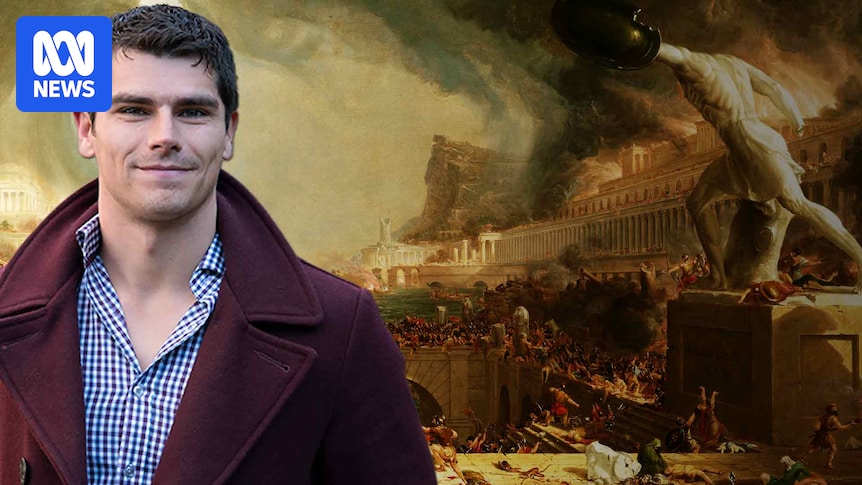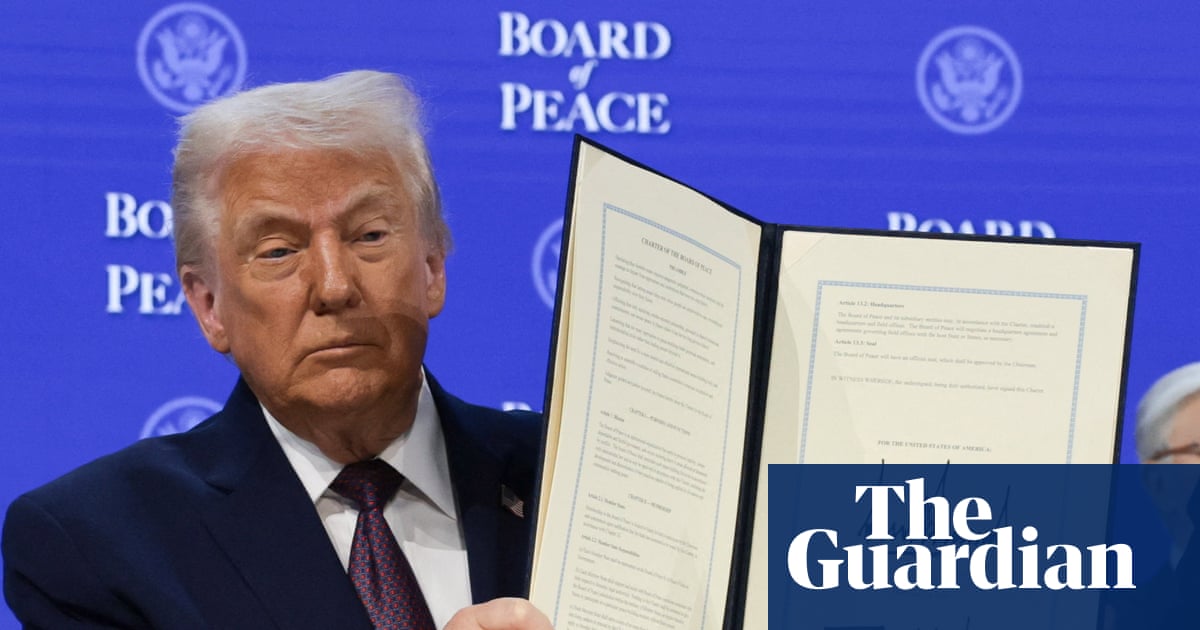
For someone nicknamed “Dr. Doom,” Luke Kemp maintains an unexpectedly upbeat demeanor. “I’m Australian and basically just a constant happy, happy dog,” he quips. Kemp, a research associate at the Centre for the Study of Existential Risk at the University of Cambridge, has dedicated his career to studying past civilizational collapses to glean insights about the future.
Kemp’s latest focus is on climate change, a concern underscored by a recent federal government report detailing the potential impacts on the country through the end of the century. Despite the grim projections, Kemp insists that giving up is not the solution. “Climate change is one of the drivers which most concerns me going forward,” he says. “It’s already happening, and on top of that, I think people dramatically underestimate just how bad it could get, and also how vulnerable we are to it.”
Understanding the Climate Risks
The federal report, spanning over 1,000 pages, paints a stark picture of the future. However, it emphasizes that the impacts can be significantly mitigated if global warming is limited. The world is projected to warm by 2.7 degrees Celsius by 2090, with Australia likely experiencing even higher temperatures. “It is prudent to plan for global warming levels of 2C to 3C by the end of this century,” the assessment states.
Modeling the impacts of climate change beyond 3C is fraught with uncertainty due to feedback loops and tipping points. “The way that we model climate change right now isn’t very good, particularly when it comes to damages,” Kemp explains. “They’re extrapolating from present into an unprecedented future.”
“Altogether, climate change has so many pernicious effects, and I see it exacerbating most of the other big risks we face.” — Luke Kemp
Fatalism vs. Realism in Climate Discourse
The climate change debate often oscillates between optimism and pessimism. Earlier this year, Canadian environmentalist David Suzuki sparked controversy by declaring it “too late” to stop climate change, a statement criticized as “climate fatalism.” Critics argue that such fatalism is counterproductive and akin to climate denial.
Australian climate analyst Ketan Joshi argues that fatalism undermines action. “The message of climate fatalism is just as wrong as the worst climate deniers,” he writes. Kemp, however, distinguishes between fatalism and what he terms “climate risk realism.” “Fatalism implies a complete lack of agency over the future. I don’t believe that,” he asserts.
“I still think we can avoid global catastrophic risk. Will we do so? I think it’s unlikely, but it’s still worth fighting for, and again, it’s still possible.” — Luke Kemp
Lessons from Historical Collapses
History offers valuable lessons about societal resilience in the face of climatic changes. Kemp notes that societies with greater inclusivity and equality fared better during past climate shifts. For instance, during the Late Antique Little Ice Age, some societies experienced minimal disruption despite significant temperature drops.
“When you think of societal collapses, often vulnerabilities were more important,” Kemp explains. “The biggest driver of growing fragility in societies is growing wealth inequality.”
“Vulnerabilities include a lack of decision-making power or options around where to live, for example. Existing stresses on housing, cost of living, mental health, and small towns are among the factors deepening climate change risks and impacts.” — National Climate Risk Assessment
Imagining the Future: A Balance of Pessimism and Hope
While envisioning worst-case scenarios can be daunting, Kemp argues it is necessary. His paper, “Climate Catastrophe: The Value of Envisioning the Worst-Case Scenarios of Climate Change,” emphasizes the importance of imagining such futures. “Critics of climate catastrophe often group together all visions of disastrous futures under labels like doomism or pessimism. This is unhelpful, and greater nuance is required,” the paper states.
Conversely, literature imagining climate utopias can offer hopeful blueprints. Kemp acknowledges the role of anger in driving social transformation, particularly against entities that profit from climate risks. “The fact that there’s a small number of companies that make an enormous amount of profit off endangering us and our future, and that actively, historically covered up that information, that should have a lot of people very pissed off,” he says.
As the federal government outlines its 2035 emissions reduction targets, the debate over the adequacy of these measures continues. Amidst differing opinions, one message remains clear: while climate impacts will worsen, the extent is still within our control.
“It doesn’t mean we’re locked into it.” — Luke Kemp





